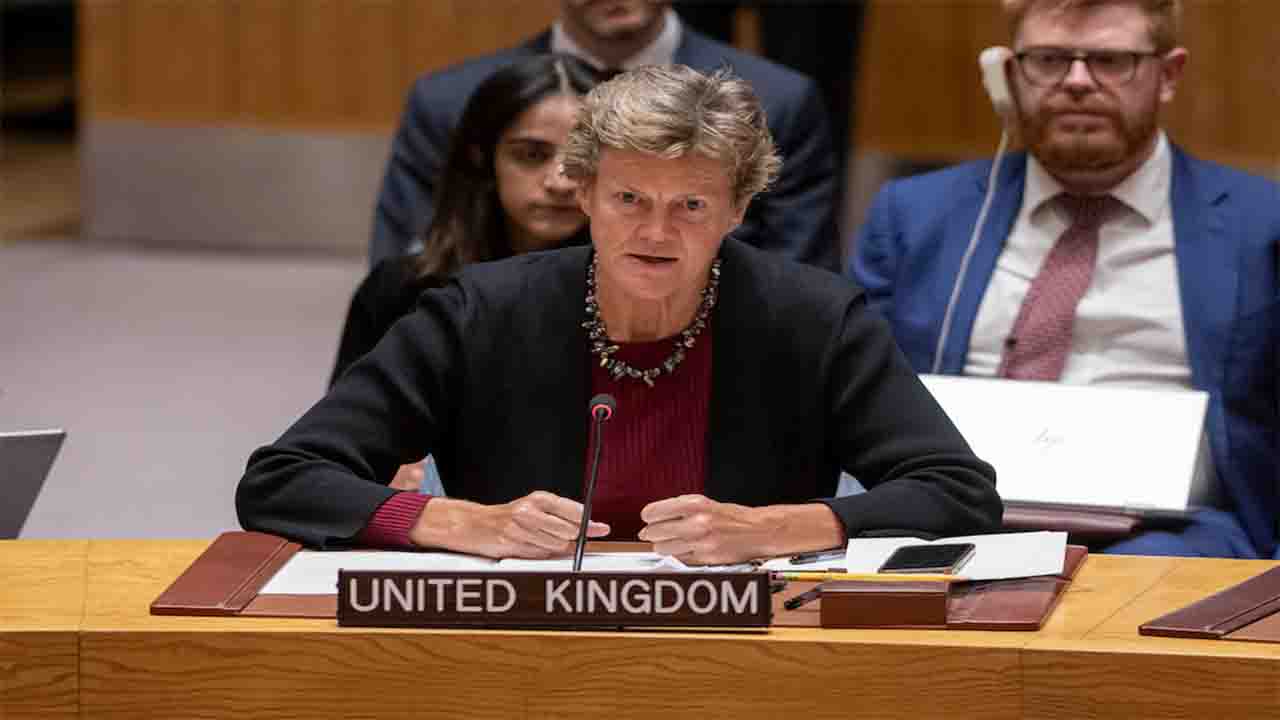Agriculture and Climate Change (Commonwealth Union) _ In the hallowed halls of the United Nations Security Council, the urgency of our times reverberates. As Ambassador Barbara Woodward eloquently stated, climate change, environmental degradation, and biodiversity loss are not isolated phenomena—they are the warp and weft of our interconnected world. Today, we delve into the crucible where these threads converge: conflict, food insecurity, and international peace.
The Unyielding Link Between Climate and Conflict
Climate change is no longer a distant specter; it is a security imperative. Rising temperatures, erratic weather patterns, and dwindling resources fan the flames of existing conflicts. Scarce water sources become battlegrounds; disrupted ecosystems strain fragile societies. The consequences ripple across borders, threatening global stability.
Food Insecurity: A Tangled Web
Food security—the bedrock of resilience—is imperiled. Vulnerable communities, already grappling with conflict and humanitarian crises, face acute hunger. Climate shocks disrupt agricultural cycles, leaving barren fields and empty stomachs. Those caught in the crossfire are often the least equipped to adapt to these environmental crises.
Three Pillars of Resilience
- Early Action and Crisis Prevention:
- Last year’s Global Food Security Summit sounded the clarion call for early intervention. The UK’s Resilience and Adaptation Fund, unveiled during the summit, aims to fortify climate adaptation and enhance anticipatory measures. By investing in resilience, we can avert food security crises before they escalate.
- Climate Finance for Fragile States:
- The successes of COP28 must cascade into tangible support for fragile and conflict-affected nations. The Emirates Declaration on sustainable agriculture and resilient food systems echoes our commitment. The UK’s pledge of $126 million will bolster climate resilience, including early warning systems and disaster risk finance.
- Scientific Innovation for Sustainable Food Production:
- Scientific advances hold the key to climate-resilient agriculture. Let us democratize access to these breakthroughs, especially for smallholder farmers. The UK, through initiatives like the CGIAR agricultural research organization and the Gilbert Initiative, spearheads progress in food security.
A Call to Holistic Action
- Integrated Approaches:
- Humanitarian, development, peacebuilding, and climate actors must harmonize their efforts. Resilience, development, security, and climate change are inextricably linked. Let us weave a seamless tapestry of response.
- Climate Risk Assessments:
- Current and projected climate impacts must permeate conflict risk assessments. Only then can we navigate the treacherous waters of fragility with foresight.
- Conflict-Sensitive Climate Finance:
- As we channel climate finance, let us ensure it is conflict-sensitive. Our investments should address the root causes of crisis while nurturing resilience.
In this arena of diplomacy, we wield the quill that writes the future. Let us inscribe a narrative of resilience, where climate justice and peace intertwine. Thank you, President, for steering our course toward a safer, more sustainable world.








